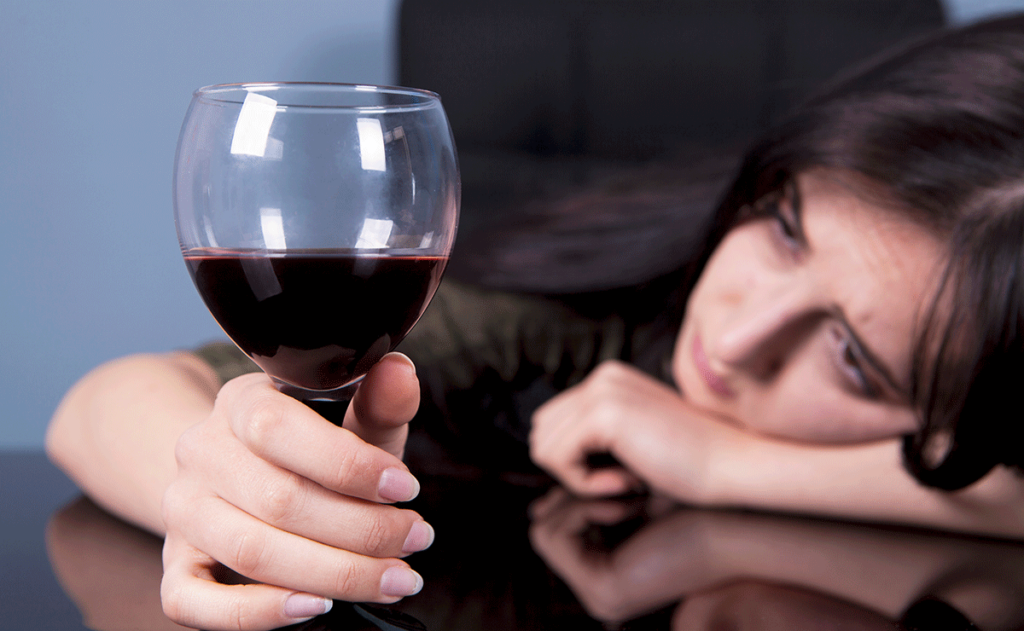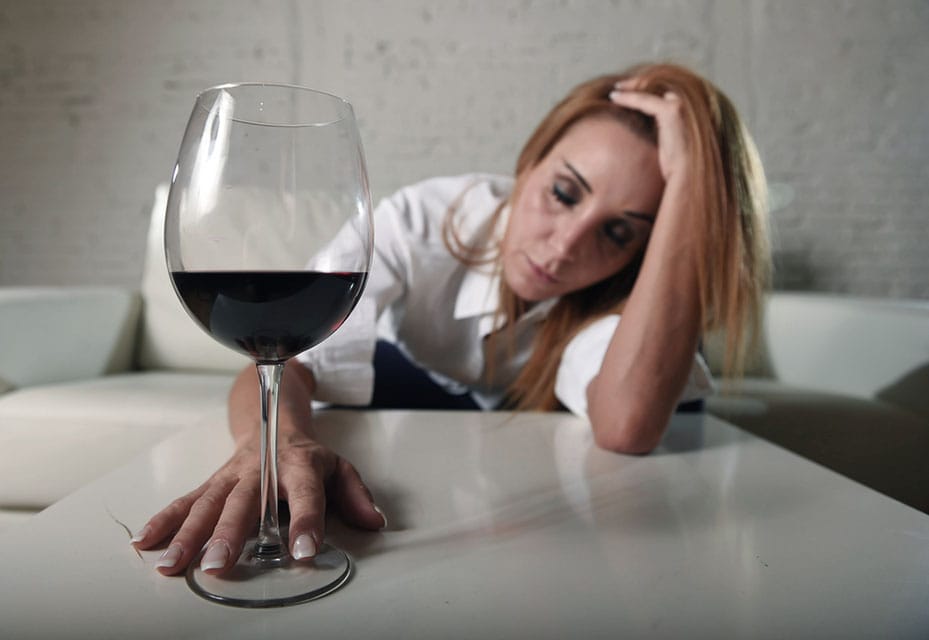Depression can leave individuals feeling empty and hopeless. Some people turn to alcohol or drugs to find temporary relief. What is the link between alcohol and depression? Alcohol is a depressant, so when combined with pre-existing depression, it can be especially dangerous. Understanding the link between alcohol and depression can help you or a loved one achieve mind-body wellness.
If you or someone you know struggles with alcohol use disorder and depression, Promises Recovery Ranch can help. We provide alcohol addiction treatment focusing on medicinal, clinical, and holistic approaches. Our integrated approach to recovery looks beyond the physical effects of alcohol addiction and helps individuals address emotional issues.
Start alcohol addiction treatment today and reach long-term recovery by calling us at 1.844.876.7680.
What’s the Link Between Alcohol and Depression?
Some who suffer from depression use alcohol to help them sleep or for a temporary emotional boost. Researchers have observed that drinking alcohol may worsen symptoms of depression, which include feelings of sadness, sleep disturbances, loss of appetite, and decreased ability to concentrate.
Alcohol is a depressant that compounds the symptoms of depression. The combination of alcohol and depression is harmful, whether depression or alcoholism starts first. Consuming excess alcohol may also cause depression over time.
In addition, alcohol consumption can lead to the following:
- Increased anxiety
- Aggressive behavior
- Higher risk for suicide attempts or completed suicides
- Problems with cognitive functioning
Individuals with alcohol use disorder may also experience issues with physical health such as liver damage and gastrointestinal problems.
Risk Factors for Alcohol Use and Depression
Individuals at a higher risk for alcohol use and depression include those with a family history of substance abuse, low self-esteem, or chronic anxiety. People living in poverty or suffering from major life events such as the death of loved ones or loss of jobs may also be at greater risk.
Depression is most commonly diagnosed in adulthood but can start during adolescence or childhood. Adolescent alcohol use disorder often indicates an underlying mental health issue, such as depression.
Treating Alcohol Use and Depression
Alcoholism and depression can be treated with medical treatments, lifestyle changes, and psychosocial therapies. The first step to treatment is to identify the cause of depression and create a personalized plan to address the symptoms. Treating the root cause will help the individual find a purpose and a better way to recover.
Medication-assisted treatment (MAT) can help reduce alcohol cravings and withdrawal symptoms. MAT is an evidence-based approach that combines medication with counseling and other strategies to help people recover from alcohol use disorder. This type of intervention can also benefit depression as it helps to stabilize moods, improve motivation, and increase self-esteem.
Psychotherapy is another important aspect of treatment for both alcohol and depression. Cognitive behavioral therapy (CBT) can help individuals identify triggers, regulate emotions, and develop healthy coping strategies to reduce relapse risk. Other therapies such as dialectical behavior therapy (DBT), acceptance and commitment therapy (ACT), and mindfulness-based stress reduction techniques can help treat underlying issues related to alcohol and depression.
By utilizing a comprehensive approach to treatment, individuals can find relief from the symptoms of alcohol use disorder and depression.
Begin Alcohol Addiction Treatment Today at The Ranch
Depression can cause individuals to try to alleviate their symptoms by drinking. But there are other ways to recover in the long term. Seeking help from professionals at Promises Recovery Ranch can guide those with alcohol addiction and depression toward the right treatment.
Contact The Ranch to start an alcohol addiction treatment program and find lasting recovery. Our expert team of clinical professionals understands the connection between alcohol and depression. We will work closely with you or a loved one to develop a personalized treatment plan for long-term success.
Call 1.844.876.7680 or complete our brief online form to start today and reclaim your life.


